By Modupe Veronica Adewole
One of the critical problems confronting Nigeria today is the lack of recognition and appreciation of our tangible heritage, values, and norms—elements that are crucial for fostering social cohesion and responsibility. These values, which are inherently adaptive, can only be transmitted effectively through cultural education.

Cultural education involves socializing individuals into the norms, values, and heritage of a given society through mediums such as folktales. Its primary intent is to nurture socially responsible and morally upright individuals who contribute positively to their community. In essence, cultural education is a learned behavioral pattern shared and transmitted from one generation to another. It encompasses customs, traditions, beliefs, arts, and philosophies of life. As Babs Fafunwa (1994) observed, every society, regardless of its size, has its unique way of transmitting its cultural heritage.
Cultural education plays a vital role in shaping a child’s character and physical skills, instilling respect for elders and authority, developing intellectual abilities, fostering a sense of belonging, and promoting active participation in family and community affairs. It also cultivates a healthy attitude towards honest labor and helps preserve the community’s cultural heritage.
However, since Nigeria’s independence in 1960, the infiltration of foreign cultures, technological advancements, religious beliefs, and political systems has significantly eroded its social fabric. Today, Nigeria grapples with the loss of cultural values, moral laxity among youths, violence, delinquent behaviors, the disruption of traditional political systems, and a decline in political will. Social issues such as sex abuse, prostitution, drug trafficking, kidnapping, internet fraud (419), cybercrime, militancy, armed robbery, and examination malpractice have become rampant. These challenges can be mitigated through the promotion and sustenance of cultural education in Nigeria’s socio-political and economic systems.
For instance, cultural socialization teaches children the proper ways to greet elders and interact respectfully. Observing parents during ceremonies—such as weddings, naming ceremonies, or funerals—helps children learn appropriate behavior and decorum. Unfortunately, many youths today lack this respect for elders and cultural values. Instead, they are influenced by foreign films and literature, which glorify violence and weapon use. As a result, some have become political thugs, religious extremists, or armed robbers, posing a severe threat to national survival.
Furthermore, exposure to undesirable foreign cultures has led to moral degradation, such as drug abuse, prostitution, theft, and internet fraud. Dressing among Nigerian youths is another concern, as many disregard their cultural heritage and geographical environment. For example, some young women wear clothing that leaves vital parts of their bodies exposed, while young men adopt unkempt appearances, including sagging trousers, unbuttoned shirts, and unfastened shoelaces. These issues can be addressed through family-based cultural socialization, where parents play a critical role in imparting cultural education.
Recommendations
To address these social ills, the following measures are suggested:
1. Incorporate Cultural Education into the Curriculum: Nigeria’s education system should be reviewed to emphasize cultural education, including the use of indigenous languages for instruction. Cultural elements such as morality, taboos, mores, and folktales should be promoted to shape human behavior positively.
2. Indigenize Political Systems: The political system should incorporate cultural principles and practices specific to Nigeria’s diverse cultural environments. This will encourage greater participation and accountability among political leaders.
3. Promote Local Content in Media: A ban should be placed on the excessive use of foreign entertainment packages in media houses and on social media. Instead, Nigerian cultural content should be prioritized and promoted to reinforce cultural identity.
4. Strengthen Parental Socialization: Families must embrace parental socialization as a key method for imparting cultural education. Parents should model cultural values and behaviors to guide their children effectively.
In conclusion, cultural education is essential for curbing social ills in Nigeria. By integrating it into our education system, political practices, and media content, we can foster a society rooted in strong moral values and cultural heritage, ensuring a brighter future for generations to come.
Modupe Veronica Adewole
Chief Museum Education Officer,
National Commission for Museum & Monuments, Osogbo
You can get every of our news as soon as they drop on WhatsApp ...To get all news updates, Join our WhatsApp Group (Click Here)

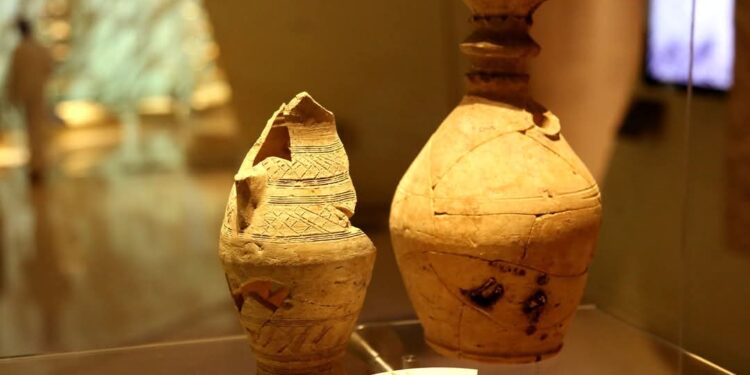

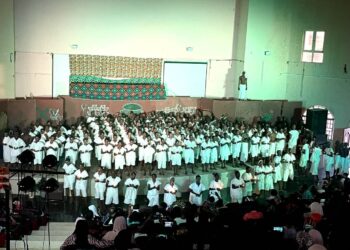



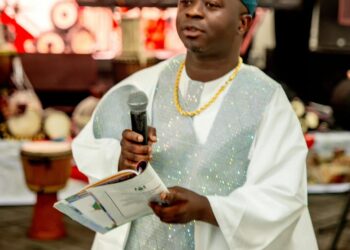
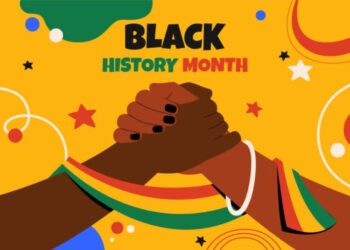
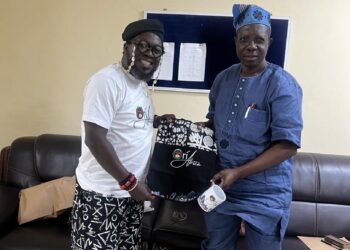
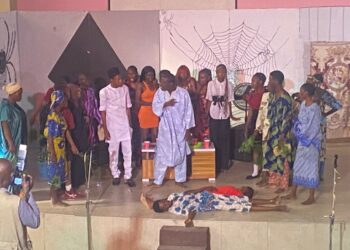
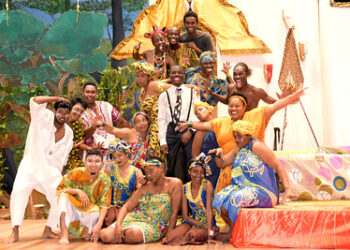
This is what we need at this time when our children have jettisoned our cultures for things of no values. We need to inculcate the cultural awareness into our Gen Z.